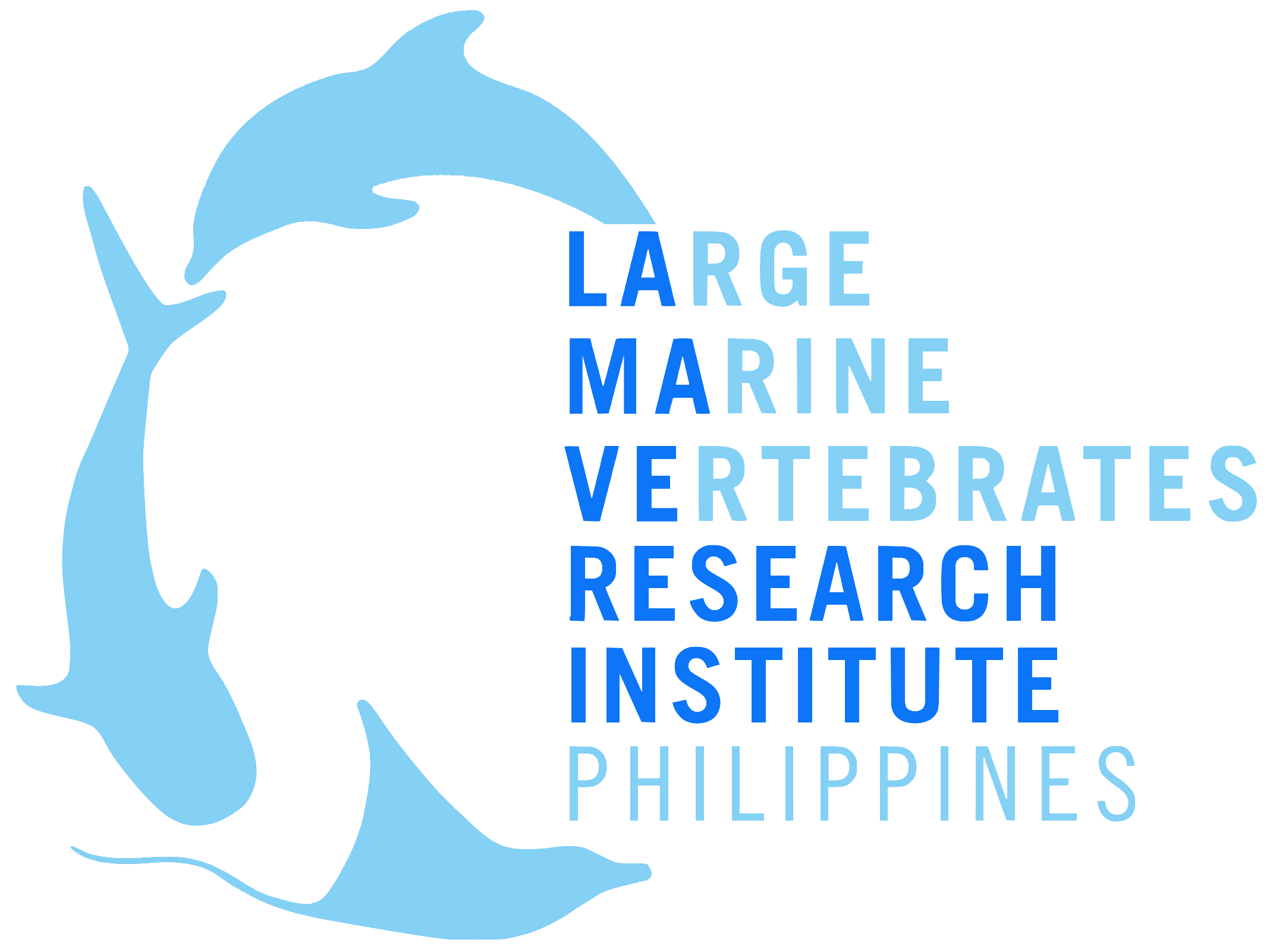PRESS RELEASE
Whale sharks on the move in Southeast Asia highlight the need for further collaboration in the conservation of the species
Whale sharks tracked moving between the Philippines, Malaysia and Indonesia
Whale sharks are known to travel between locations to feed on a variety of prey, but up until now connectivity within Southeast Asia was limited.
For the first time researchers from Large Marine Vertebrates Research Institute Philippines have tracked whale sharks moving between the Philippines and Malaysia, and Indonesia, using satellite tags, photo-identification and citizen science.
The scientific study published today in Nature’s Scientific Reports also highlights Honda Bay in Palawan, Philippines as a globally important site for endangered whale sharks, adding further conservation importance to a country that hosts the second-largest known population of whale sharks in the world (whaleshark.org). LAMAVE Project Leader Ariana Agustines said "our results reveal Honda Bay as possibly the largest aggregation site for the endangered whale shark in the region. Through employing several data collection methods-- satellite telemetry, dedicated surveys and citizen science, we report the movement within national waters as well as the first international return in Asia."
A whale shark swims in the blue waters of Honda Bay, Philippines. Credit Gonzalo Araujo|LAMAVE
During April – October 2018, Ariana and the team identified a total of 117 individual whale sharks by comparing the unique spot pattern on a whale sharks skin; a method known as photo identification. These individuals were identified by the team during dedicated research surveys in Honda Bay, Philippines, while a further 66 were identified through data mining citizen science reports – usable photos of whale sharks posted by the public on social media platforms including ©Facebook, ©Instagram and ©YouTube. Citizen science has proved to be a cost-effective method to enhance population data on species such as whale sharks, and in this case, signified the first international whale shark match between the Philippines and Indonesia using photo-ID. A 3-meter juvenile male first identified in East Kalimantan, Indonesia in December 2013 by a citizen scientist and uploaded to Wildbook for Whale Sharks, was re-sighted by the research team whilst on a survey in Honda Bay, Philippines in October 2018. Further photo-ID matches captured by LAMAVE researchers confirmed connectivity between Honda Bay and other sites in the Philippines including Tubbataha Reefs Natural Park and Oslob, Cebu.
In addition to photo-identification, the research team deployed pop-up archival tags (PAT-tags) to understand regional movements and habitat use. These tags track whale sharks movement by recording time, light and depth. Results from successful tracks further highlighted Honda Bay as a hub for whale sharks, both within the Philippines and internationally. One whale shark moved from Honda Bay Philippines to Sabah Malaysia and back to Honda Bay within a year while another tagged shark showed a similar journey returning to Honda Bay after reaching the Malay-Filipino border. Within the Philippines, tracks showed a whale shark moving northeast of Honda Bay towards Cuyo Island, before returning via Tubbataha Reefs Natural Park.
One of the whale sharks fitted with a PAT tag in Honda Bay. Credit: Duncan Murrell|LAMAVE
Protecting whale sharks across their range is vital for the long-term survival of the species. Findings from this study emphasise the need for enhanced management and conservation actions to protect the whale shark through trilateral collaboration. While whale sharks have been protected in the Philippines since 1998, in Malaysia since 1999 and in Indonesia since 2013, and a general understanding that poaching is low, concerns remain regarding illegal take of these animals in the region. A report that contributed to the up-listing of the species from Vulnerable to Endangered on the IUCN Red List of Threatened Species in 2016, uncovered whale shark fisheries (or fisheries that land whale sharks) operating in the south of China where the threat that these activities are encroaching into Malay and Filipino waters was a factor in the cause for this concern.
The connectivity shown between two neighbouring countries prompts the need for cross-boundary collaboration to manage the conservation of this endangered species and supports the objectives of the Coral Triangle Initiative, the Sulu-Sulawesi Seascape Project, and the Concerted Actions for Whale Sharks under CMS (UNEP/CMS/Concerted Action 12.7, 2017).
The field research was partly supported by the Rufford Foundation, Fondation Ensemble, the German Federal Ministry for the Environment, Nature Conservation and Nuclear Safety (BMU) under its International Climate Initiative, the Department of Agriculture-Bureau of Fisheries and Aquatic Resources and the Palawan Council for Sustainable Development.
The study by Gonzalo Araujo et al., titled ‘Citizen science, photo-ID and telemetry highlight a global whale shark hotspot in Palawan Philippines’ was published Open Access in the journal Scientific Reports today and is available here: www.nature.com/articles/s41598-019-53718-w
A PDF version of this press release is available to download HERE.
Notes to Editors:
If you would like more information or to arrange an interview with one of the team please contact Sally Snow, Large Marine Vertebrates Research Institute Philippines, email: s.snow[at]lamave.org or call +639772055794
Photos are available upon request.
Large Marine Vertebrates Research Institute Philippines (LAMAVE) is the largest independent non- profit non-governmental organization dedicated to the conservation of marine megafauna and their habitats in the Philippines. LAMAVE strives for conservation through scientific research, policy and education. For more information visit: www.lamave.org | Facebook | Instagram | Twitter





All LAMAVE team members are safe after #TyphoonOdette (Rai).
The team in Puerto Princesa City Palawan have just received access to communications through SMART (Wed 22 Dec)…